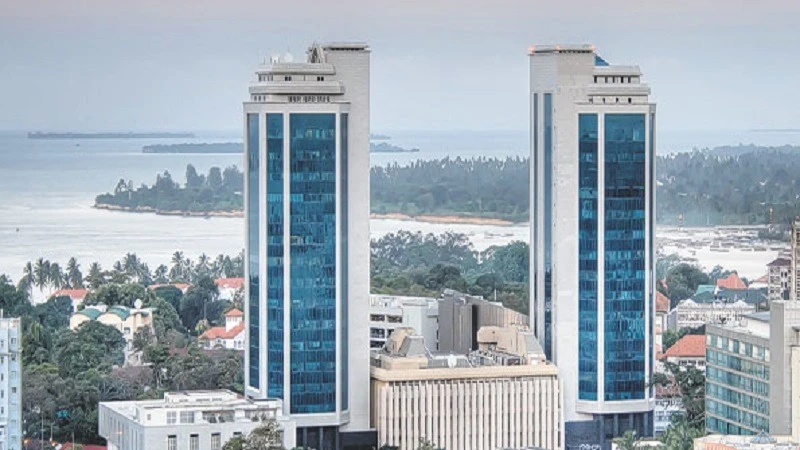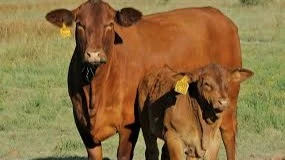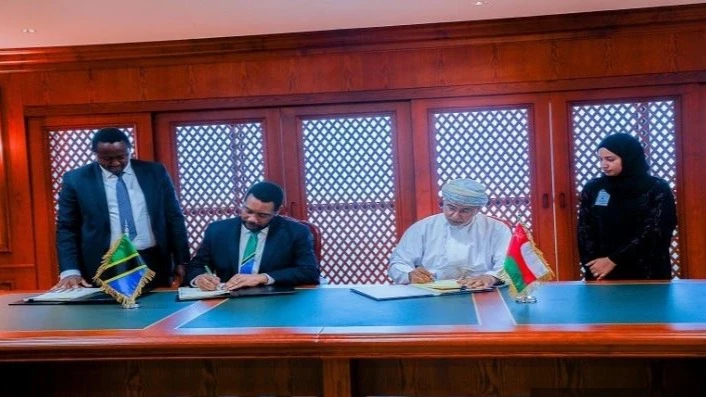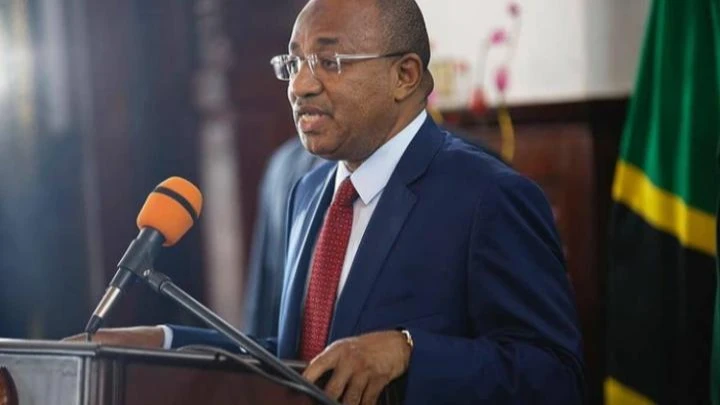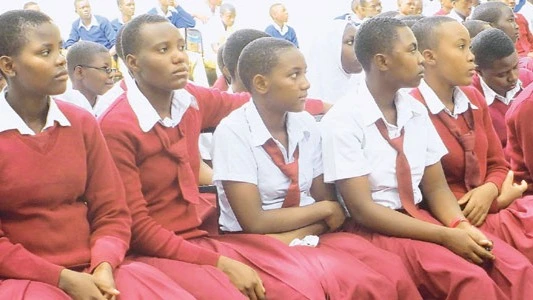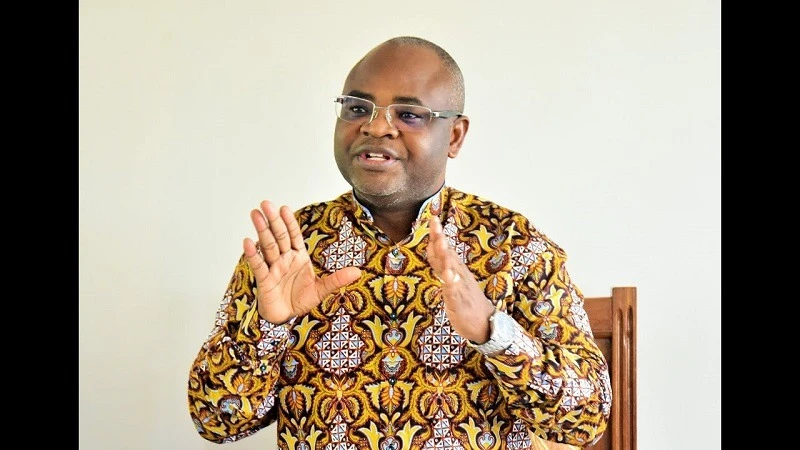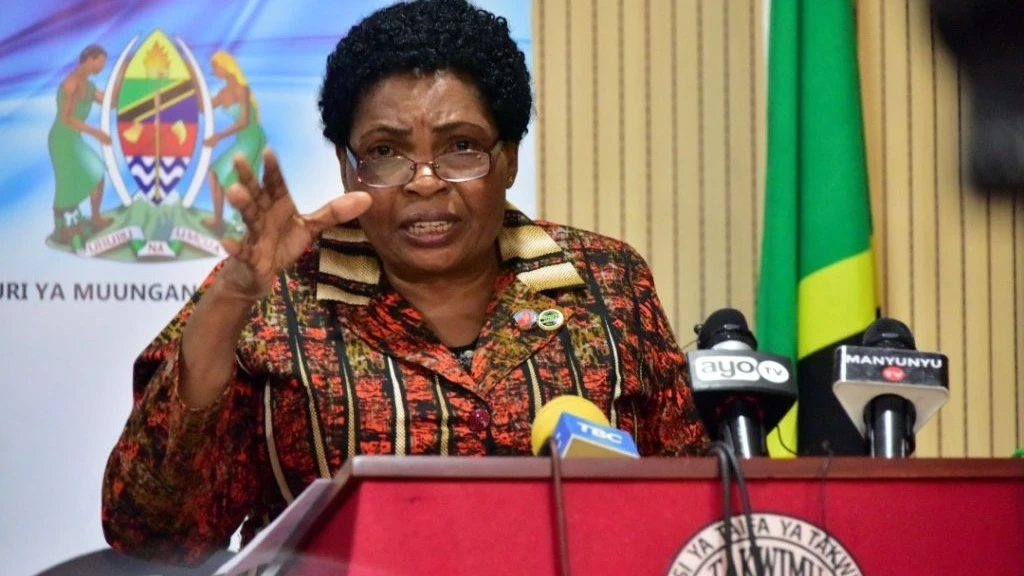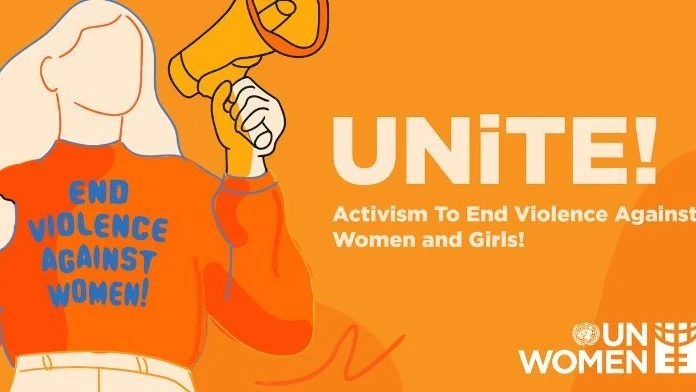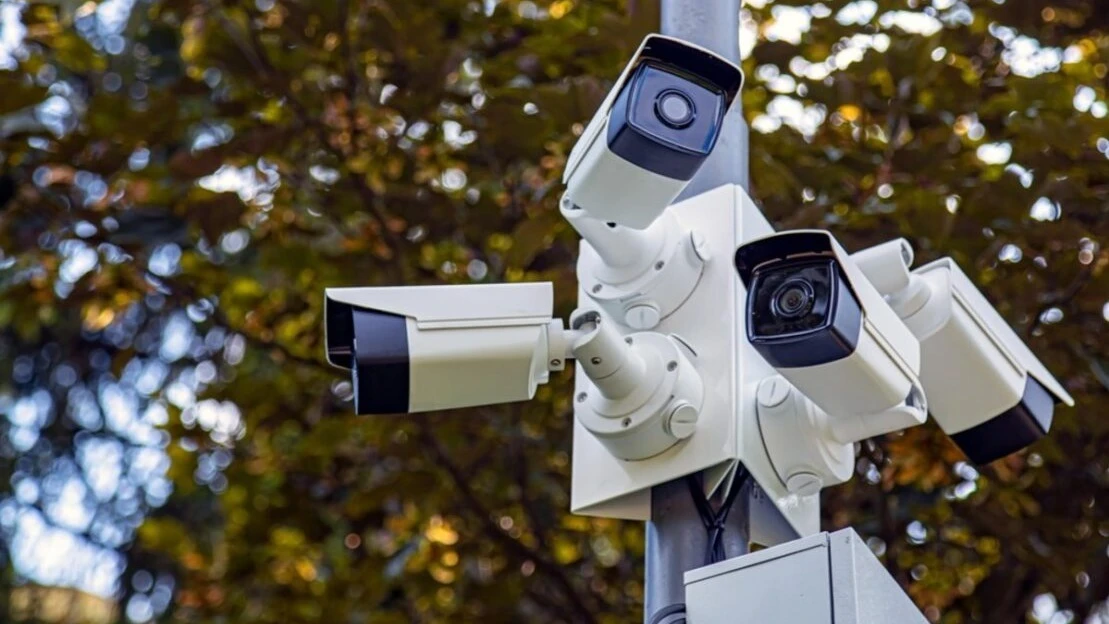Veteran leaders’ sensitivity uplifting, but couldn’t they have been blunter?
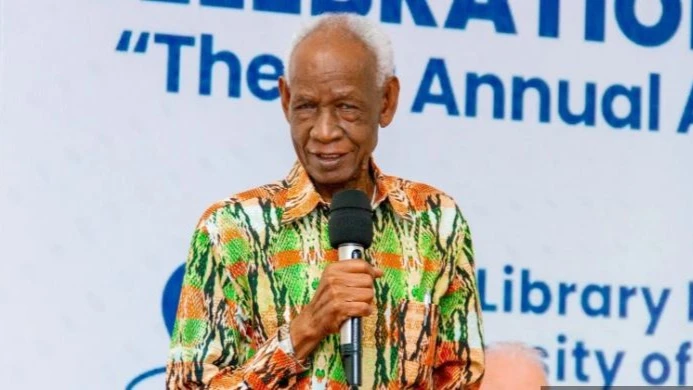
CURRENT soul-searching and preoccupation with disappearances and, at another level, routine acts of murder at the family or community level reflect troubling moments for the public psyche.
It isn’t surprising that veteran political leaders are calling for dialogue to mend the nation’s ways. They are insisting on the need to find solutions to on-going tension in the political environment that is threatening peace and national unity.
Yet, as in the wider stance on murders and disappearances, the leaders are expressing bewilderment as to the source or cause of those incidents, as did senior clerics in a four-day jamboree last week.
A long-serving priest has recommended that out country have mechanisms for checking who comes in, from where and for what reason, plainly implying that some foreign criminal elements might be behind these shocking incidents.
Former premier Joseph Warioba was emphatic at a conference earlier this week organised by the Tanzania Centre for Democracy on the need to examine the state of democracy in the country. He was of the view that it is important for all stakeholders to come together and find solutions that can lift the nation out of confusion.
Still the source of the problem is there for all to see and its ancillary parameter, the source of that stance, needs a pointed examination of social dynamics to pinpoint. However, even the well learned prefer to put in a word of political advice, not insight.
Commander-in-Chief President Samia Suluhu Hassan was fairly candid while gracing a Tanzania Police anniversary event recently, saying that the government has made unprecedented efforts over the past three years to reduce political tensions and to ask those earlier in self-exiled to return home.
Similarly, activities of political parties’ activities earlier declared irrelevant for development activities except during elections were allowed to restart.
But there are people who found this state of affairs as representing ruling party weakness and an opportunity to ‘finish the job’, as in our kind of democracy, parties are there to replace current rulers rather than those rulers’ policies.
In sum, it can be said that this sort of political outlook has suicidal tendencies, as each instance of being harmed is seen as a new addition to ‘the process of liberation’, meaning liberation from the ruling party.
Democracy is actually about putting across an alternative range of policies that may work better for the public interest, but in Africa opposition is almost solely about changing the Constitution and removing corruption.
However, after they take office, there is often scarcely any positive change. So opposition leaders who are popular enough tie down the rest of the leadership to an adventurist, confrontational focus.
Meanwhile, there are equally negative tendencies both in civil administration and in society, on account of the fact that we are tied down to tradition.
Political tradition clearly limits the head of state’s ability to obtain the needed consensus in the government and eventually in the legislature, including pushing reforms that lessen the large foreign debt and scale up economic opportunities.
That means each year thousands of youths leaving school or college are stuck, making sense out of life by being seen to be active in a furtive emancipation drive, giving them a sense of presence they sorely lack. Sad…
Top Headlines
© 2024 IPPMEDIA.COM. ALL RIGHTS RESERVED






